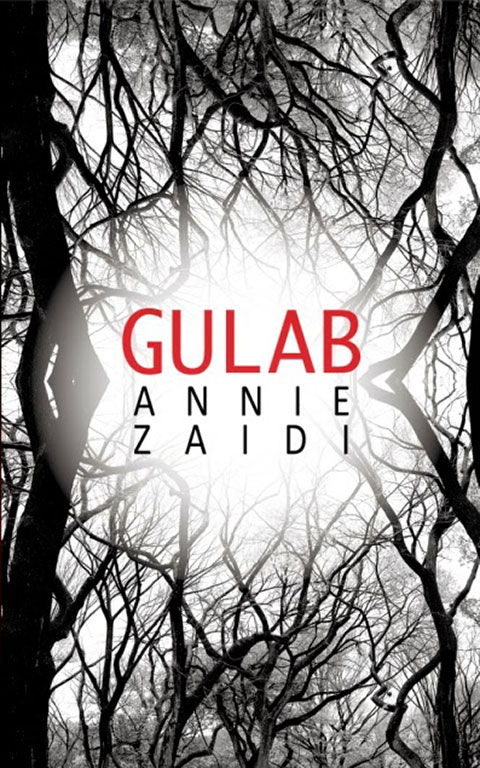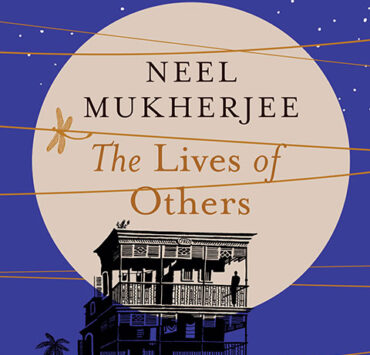Annie Zaidi’s Gulab is a love story that brings together the seemingly incompatible worlds of the living and the dead, in which a Muslim woman who perishes in a 1990 earthquake finds a way to live out a life abruptly cut short.

Annie Zaidi’s Gulab
Saira takes on the guises of Mumtaz Saira Singh and Gulab to be the wife of two men who do not gauge her reality. The duplicity causes both men to be shunned in society, because no one else can see the wife they speak of. Both of them are deemed madmen, and neither is aware of the other. The novella begins at the graveyard when both men encounter each other for the first time and meet her childhood sweetheart, Nikunj.
Gulab begins slowly, too slowly, for a book of its length. The novella is slow to reach the core of its narrative: a grave that apparently belongs to three different women. All the complications and ambiguities come to the fore at this juncture and the story really takes off. The three separate but tangled lives of one woman and the three men whose lives she has altered come into focus. Each man has the opportunity to describe her, her habits, and her preferences. But none of the portraits do justice to the complicated persona Gulab takes on in the novella. Even their composite understanding of the woman does not piece together her complete self. Nikunj is the only one who knew her when she was alive, and with the help of another earthquake victim who lost everything, begins to decipher what Gulab has done from beyond the grave.
“This is the trouble with that other world. Nobody knows — what, how, why? Human beings are very predictable. We look for things like food, love, a place to spend the night, new clothes. If we are angry, it is because we cannot get what we want. If we are happy, we come generous, pliant. But in that other world, our rules don’t apply. That is why we do not know how to deal with the… shadows.” The other world inverts the rules of this world, co-opts the lives of the living and lives vicariously through them. Zaidi takes the tropes of the conventional ghost story — the graveyard setting, the mysterious woman, the heartbroken lover — and breathes new life into them. The ghost in her novel is not a spectral presence manipulated as a horror device but a full-bodied, multi-dimensional person. The narrative is realistic and rooted in the world we inhabit with religious tensions, the rituals of burial, the looming devastation of an earthquake. There is a cruelty in her relationships with these men that isolate them from their communities, and a derision in her voice when she speaks of them. Her desire to first infiltrate, later replicate Nikunj’s family life terrifies him because she goes as far as to create children identical to his. The ending of the novella does not disappoint and encapsulates the complexity of a love affair that spans two worlds.
[HarperCollins India; ISBN 9789351362791]







